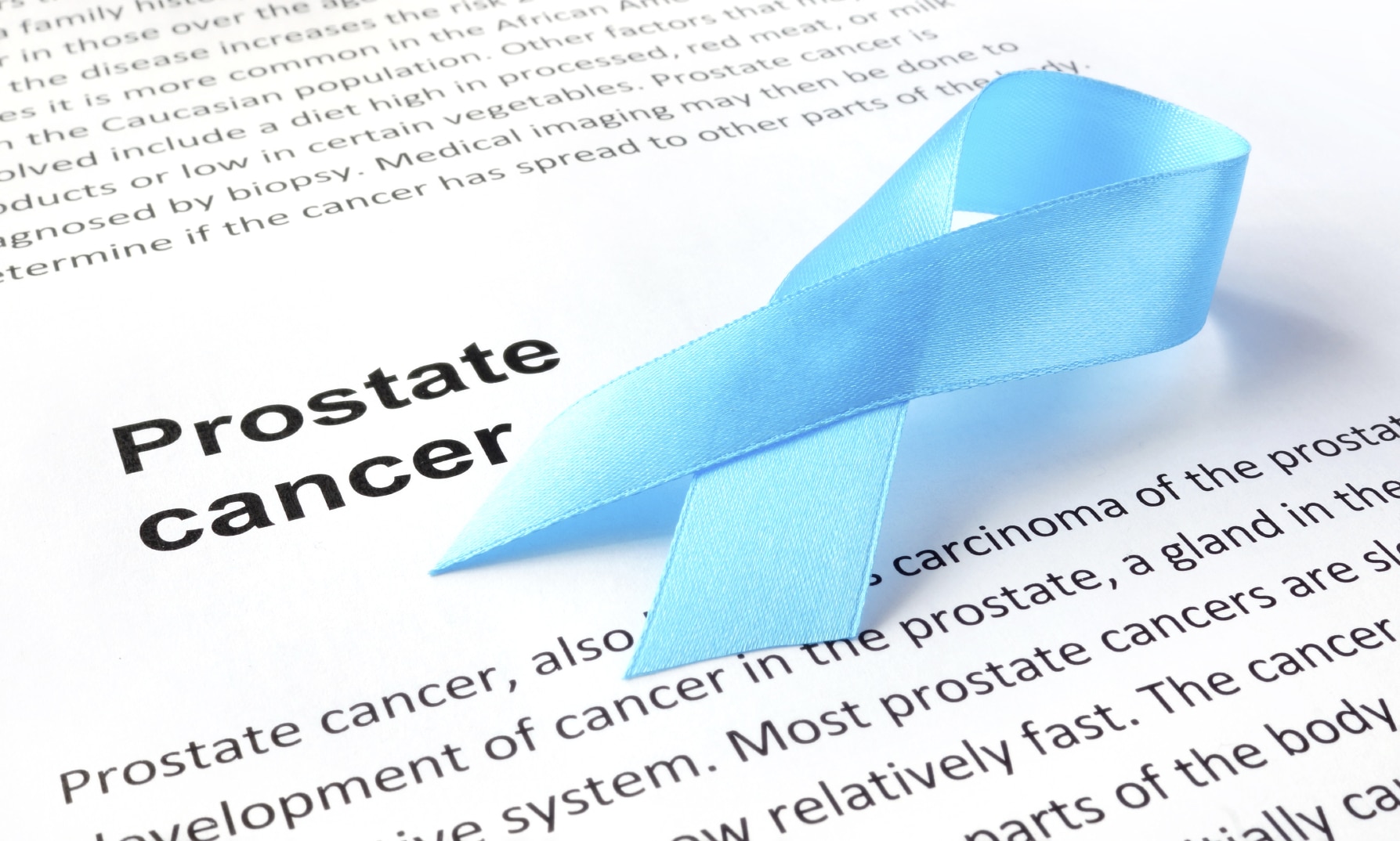Testosterone Can Lower Prostate Cancer Risk Until recent years it was long-held by the medical profession that testosterone therapy increases...

Testosterone Can Lower Prostate Cancer Risk Until recent years it was long-held by the medical profession that testosterone therapy increases...